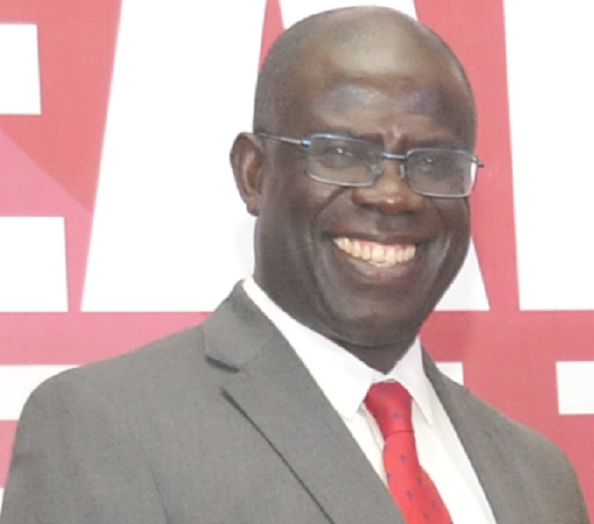
3 Pension funds endorse GAT initiative
Three pension fund managers have signed preliminary agreements with the Ghana Amalgamated Trust (GAT) Limited to confirm their readiness to contribute patient capital to invest in five well run but undercapitalised indigenous funds in return for equity holdings, the GRAPHIC BUSINESS has been reliably informed.
The paper understands that the agreements were signed with the interim team of GAT, a Special Purpose Vehicle (SPV) and the Ministry of Finance but kept under wraps to allow for the necessary regulatory approvals from the Securities and Exchange Commission (SEC) and the National Pensions Regulatory Authority (NPRA).
The sources added that the five banks have also signed preliminary investment memos with GAT, making them investees of the Special Purpose Vehicle (SPV) incorporated in December to help the banks scale through the GH¢400 million capital requirement.
It is also understood that the NPRA, which regulates the pensions industry, is working on granting interested fund managers a dispensation to be able to invest under the GAT arrangement.
Impact on jobs
The sources are part of a team of public and private persons working to raise up to GH¢2 billion to invest in the ADB Bank, the Prudential Bank, the Universal Merchant Bank (UMB), the National Investment Bank (NIB) and the Omni/Sahel Sahara Bank.
This signing of the agreements by the pension funds represents a major boost to the GAT transaction, a government-backed emergency arrangement to help the five banks scale through the GH¢400 million capital requirement, preserve indigenous ownership in the banking sector, save about 3,000 jobs and create a new investment portfolio for pension funds.
When concluded, GAT, which will be owned by the participating pension funds, will take equity stakes in the beneficiary banks in proportions that are commensurate with the amount invested in each bank.
SEC approval
One of sources told the paper in confidence that the SEC was currently working to approve the agreements and other documents around the transaction to allow for their release to the public.
Consequently, it said the apparent silence of the government and the GAT team on the matter was in conformity of regulatory requirements and not lack of information as a section of the public have intimated.
“The GAT arrangement is a public offer. A public offer means that they must prepare an Information Memorandum (IM), PricewaterhouseCoopers (PwC) must do due diligence on all the banks that the investors are putting money into and there must be valuation before all of these are forwarded to the SEC.
“Once they approve it, then the IM becomes public document for the advisors to take to the pension funds and other investors to look for the funds,” it said.
It emphasised that the beneficiary banks were not failed entity but solvent banks that had challenges meeting the Bank of Ghana requirement on the minimum capital.
As a result, the source said due diligence was needed to confirm their true worth for investment purposes.
Why NIB, ADB
As a last-minute transaction, the GAT arrangement is seen as a bold attempt by the government to ensure that the banking sector is not delivered to foreign interest.
Of the 16 banks that the BoG passed as capital-compliant as of January 4, only a quarter of them were indigenous banks.
A successful retention of the five banks under the GAT arrangement would mean that indigenous banks would raise to figure to more than a half.
On why the two state-owned banks, ADB and NIB were included in the list, another source said government saw the arrangement as the best opportunity to transform the banks into efficient lenders that can support the economic growth agenda.
It said the government decided against borrowing to recapitalise and restructure the banks because of the history of misapplication of such funds in the past by the same banks.
“Now we have this GAT arrangement, which is private sector and well structured. So, we thought that it is even better that we use this opportunity to transform ADB and NIB,” it said.
As a result, the source said GAT has been tasked to transform the two banks within the five-year period and refocus them on their core mandates of financing agricultural and agro processing and industrialisation.
The transaction advisor of GAT and Managing Director of Algebra Securities, Mr Kofi Osafo Sampong, had earlier told the paper that the transaction allows GAT to veto the decisions of the banks as part of a far-reaching plan aimed at restructuring their operations and making them more efficient.
The impending reforms are needed enable the banks to deliver value to investors within the five-year period, he said.

